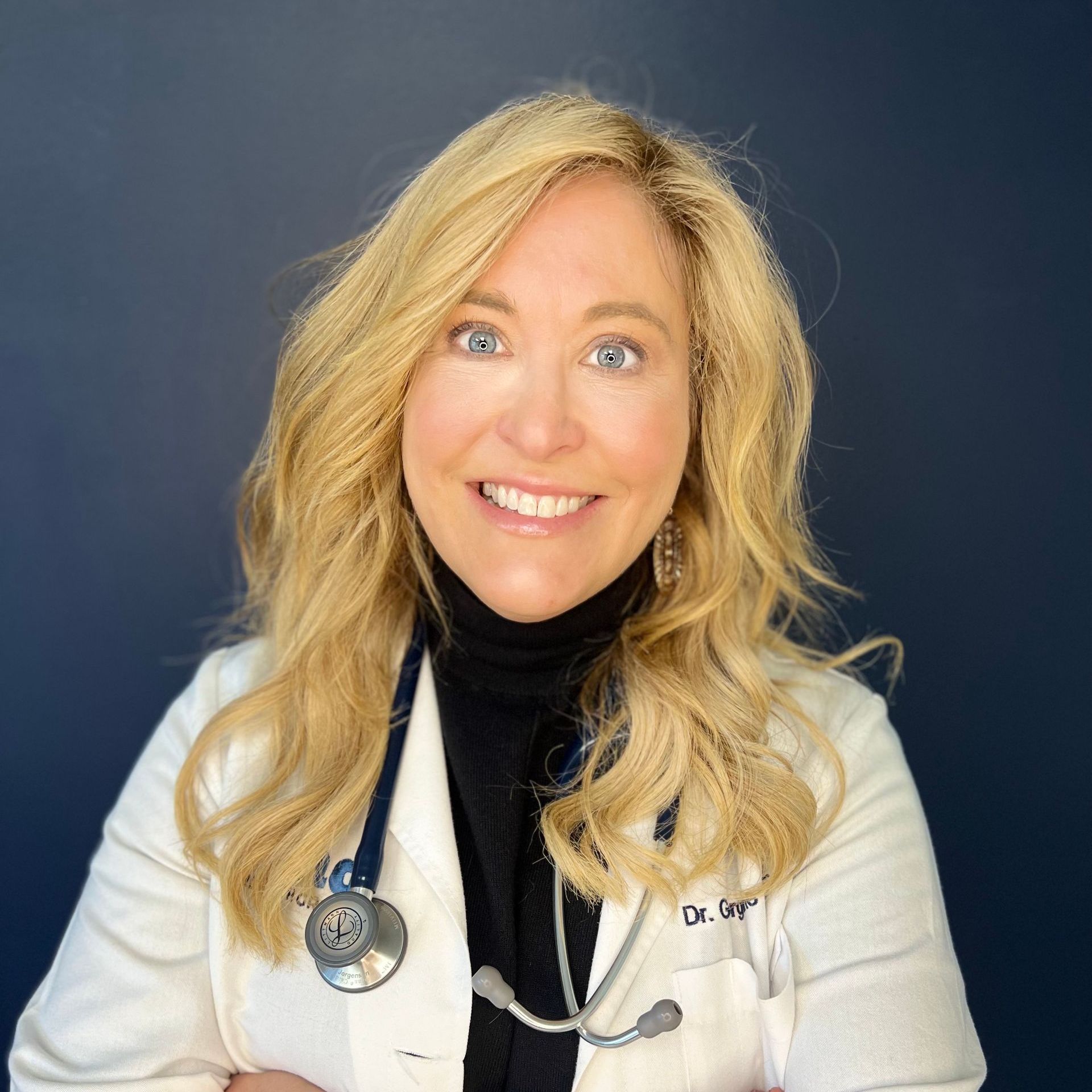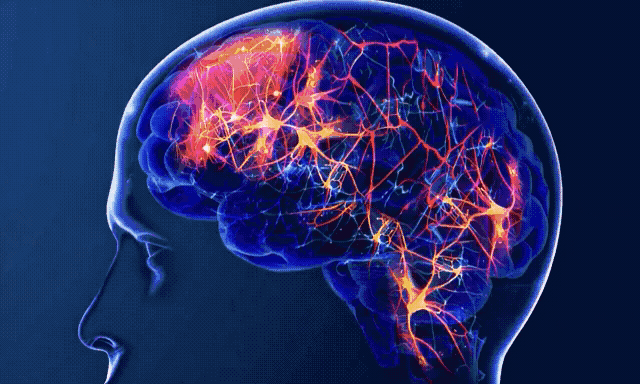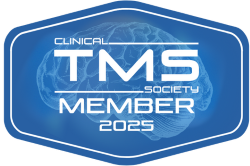Strong Minds, Strong Families: How Prioritizing Your Mental Health Impacts Everyone
July 31, 2025
Discover how prioritizing your mental health transforms your entire family

It's 11:47 PM and I should be sleeping but this mom keeps running through my head.
She walked in Wednesday looking like she'd stepped out of some catalog—perfect hair, designer sweater, probably spent an hour getting ready. But her hands wouldn't stop shaking.
Her sixteen-year-old daughter. Jesus. Three years of absolute hell that started with bullying and just... everything went to shit from there. Self-harm, DBT therapy twice a week for two goddamn years that helped maybe 10%. Then COVID because of course that made everything worse.
Meds next. First Zoloft—made her zombie-like and sleepy all the time. Then Wellbutrin—headaches so bad she couldn't go to school. Then some antipsychotic whose name I can't even pronounce that made her gain thirty pounds and sleep literally eighteen hours a day.
"We spent $40,000 on residential," the mom tells me and her voice just breaks. "Forty thousand dollars. She came home exactly as broken as when she left."
This kid—let's call her Emma because I can't use her real name—won't even look at me. Hood up, arms crossed, basically melted into the chair like she's trying to disappear. Mom's doing all the talking while Emma's just... not there. Gone.
I mention TMS and Emma finally speaks up: "What do I have to lose."
Not a question. Statement. Like she's already written off her entire life at sixteen fucking years old.
Three weeks later mom calls me sobbing—but good sobbing this time. They'd gone to Target together. Emma grabbed her mom's hand in the checkout line. First time she'd initiated any physical contact in months.
"Dr. Nanos it's like I got my daughter back."
Here's what med school didn't teach me
When one person in your family has untreated depression or anxiety, everyone's sick. The whole goddamn house reorganizes around the broken person.
Dad starts working late because coming home feels too heavy. Little brother acts out at school because all mom's attention goes to crisis management. Mom develops this fake-cheerful voice she uses when anyone asks how things are going.
I see this shit every single day. Twenty years of family medicine and it's always the same pattern. Always.
Jennifer came to see me for headaches and stomach problems. Spent probably $3,000 on tests—everything normal. Took me three visits before she finally admitted she hadn't slept through the night in eighteen months. Postpartum depression that never got treated because she was too busy taking care of everyone else.
Her husband had basically become a single parent. Marriage hanging by a thread. She couldn't even look at her kids without feeling guilty because she knew they deserved better than the shell of a person she'd become.
But here's what happened when Jennifer did our one-day protocol and her brain started working right again—everything changed. Not just for her. For all of them.
Week later she calls me laughing because she'd actually played with her kids. Got down on the floor and played pretend. First time since her daughter was born that she actually wanted to be around them instead of just... surviving them.
The medical system is completely broken
We hand out antidepressants like Halloween candy. "Try this for six weeks, call if you have problems." Patient goes home and waits to feel better while their family tiptoes around them for two months.
Traditional TMS isn't much better. Six weeks of daily appointments. Dad's at some clinic every day for two months while mom juggles work and kids and tries to hold everything together. Everyone's life revolves around treatment instead of actually getting better.
Sarah—corporate executive, looked perfect on paper. Kids crushing it in school, successful career, beautiful house in Encinitas. But she tells me about the racing thoughts that keep her up until 3 AM, the constant anxiety that follows her around like a hungry dog.
"I'm managing," she kept saying.
Managing isn't living. And her family was managing too—around her anxiety. Her kids had learned not to bring up anything stressful because it would send mom into a spiral. Husband stopped suggesting date nights because she was always too wound up to enjoy them.
After our one-day protocol her thirteen-year-old son asked if she was feeling better. She didn't even realize he'd been watching her feel worse this whole time.
Kids see everything. They absorb the emotional temperature of the house even when we think we're hiding it so well.
When something actually works
Annette was this perfectionist type. From the outside, totally thriving. Inside, drowning in anxiety. She'd learned to "cope"—which isn't healing, it's just surviving with better organizational skills.
Came to one of our education events skeptical as hell. "Nothing's worked before, why would this be different."
But something in her was ready. She showed up every day even when she was scared shitless it wouldn't work.
End of the week she calls me: "I didn't realize how loud my brain was until it finally went quiet."
Her teenage daughter told her later: "Mom, you're actually fun now."
That's what happens when you fix the actual brain dysfunction instead of just managing symptoms with medication. People don't just feel better—they become emotionally available again. They can parent and partner and show up for their families in ways they forgot were even possible.
Healing spreads like wildfire
Most beautiful thing I see in my practice—how healing ripples through families. When one person gets their life back, it gives everyone permission to stop walking on eggshells.
Had this patient tell me: "For years I was the black hole in our family. Everything revolved around my depression. After TMS the whole dynamic changed. People started telling me about their own struggles. They weren't afraid of me anymore. And I wasn't afraid of myself."
Kids start bringing friends over again because home feels safe. Spouses rediscover intimacy because they're not constantly in caregiver mode. Siblings stop feeling responsible for managing someone else's emotional state.
We've had entire families come through our clinic. Spouses, siblings, parents. Once one person heals, healing becomes contagious in the best possible way.
The actual science shit
Look, TMS works because we're addressing the actual neural dysfunction. We're using targeted magnetic pulses to activate the brain circuits that regulate mood and emotional processing. When these circuits work properly, people naturally become more emotionally regulated, more present, more capable of handling normal life stress without completely falling apart.
Our KIND One-Day Protocol condenses what used to take six weeks into one intensive day. Families don't have to reorganize their entire lives around treatment. Person gets better fast, everyone benefits immediately.
We're seeing remission rates over 90% with certain protocols. Not improvement—remission. Like, back to being human again.
Even doctors break sometimes
I wasn't immune to this stuff. I've seen more medical trauma than most people can imagine in twenty years of practice. I'm a mom, I run a business, I take care of patients all day. I'm really good at pushing through shit.
But pushing through isn't the same as thriving.
When I did TMS myself, I realized what I'd been missing. Not just the ability to function, but the capacity to be truly present with my own family. To rest without feeling guilty about it. To respond to my kids instead of just react to them.
TMS gave me back the ability to be the kind of mother I actually wanted to be, not just the one I was capable of being while running on empty.
This is investment in generations
When families choose mental health treatment that actually works, they're investing in generations. The patterns we model for our kids become the patterns they carry into their own relationships and families.
Children who grow up with emotionally available parents learn that mental health matters. That getting help is strength, not weakness. They develop real resilience based on authentic support, not just survival strategies.
That sixteen-year-old Emma—she's not just getting her life back. She's learning that depression doesn't have to define her future. That healing is actually possible. That she deserves to feel good.
Why this matters right now
We're in the middle of a mental health crisis and our traditional approaches aren't even close to keeping up. Families can't wait months for improvement while someone they love suffers.
The KIND One-Day Protocol changes that timeline completely. Instead of hoping medication will eventually work, or that therapy will slowly chip away at decades of dysfunction, we can restore healthy brain function in a matter of hours.
The relief isn't just neurological—it's relational. When the brain starts working properly again, people can connect and communicate and care for each other in ways that felt impossible before.
The courage part
Takes serious guts to seek mental health treatment, especially when you've been disappointed so many times before. But your mental health isn't just about you.
Your kids need you emotionally present. Your partner needs you engaged and available. Your family needs you thriving, not just surviving day to day.
When you heal, everyone heals. When you model the courage to get help, you give others permission to do the same. When you invest in your mental wellness, you're investing in every relationship that matters to you.
That mom with Emma—she didn't just save her kid. She saved her entire family. And her family saved her right back.
You're not too far gone. Your family isn't too broken. Healing is probably closer than you think.
Ready to find out
what that looks like for your family.

Meet the Author
Dr. Georgine Nanos, MD, MPH
Founder of Kind Health Group







